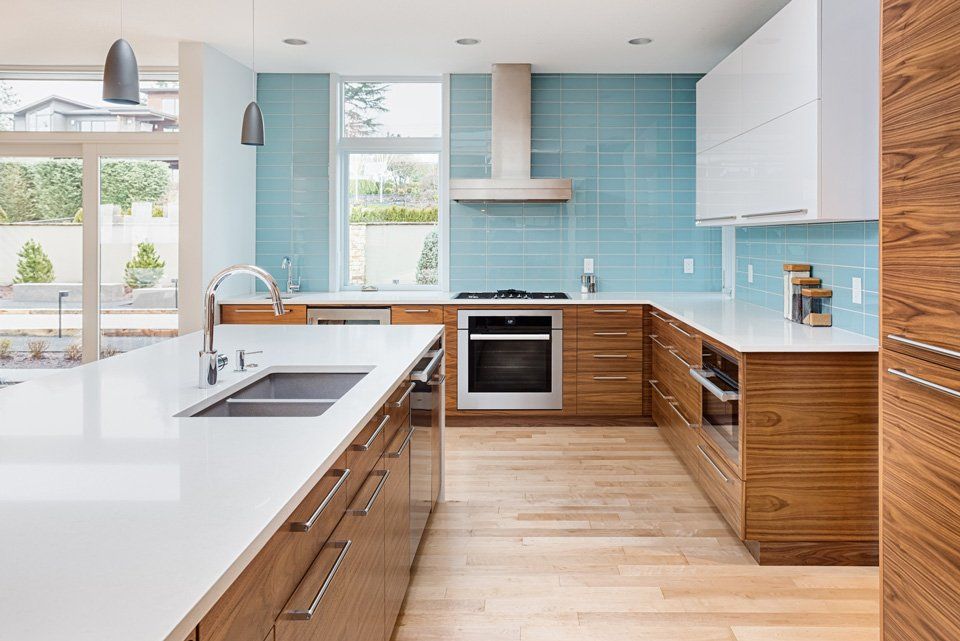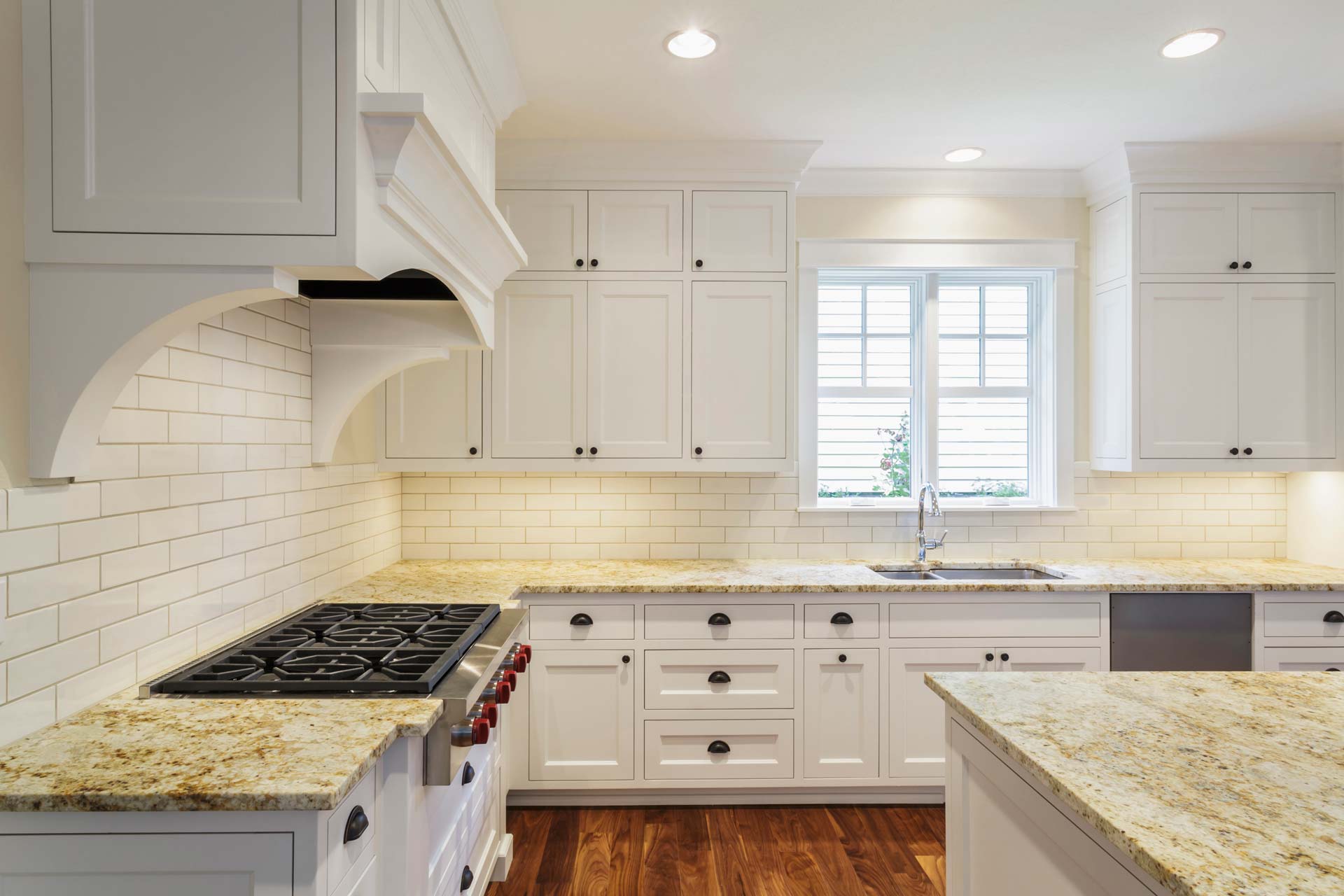Factors to Help You Choose Stones for Your House
Admin • August 17, 2020

Stones make excellent materials for house finishes. However, you have to choose from a wide variety of stones, which is not easy. Below are some of the major factors to consider when choosing the best stone for your home.
Application
You can use stones for multiple applications in the house. For example, you can use stones:
- For the kitchen countertop
- As the flooring material
- For fireplace covering
- For bathroom wall tiling
Some stones are more suitable for some applications than others. For example:
- Granite is great for kitchen countertops since it doesn't scratch easily.
- Limestone's weathered use makes it great for outdoor applications - for example, in pavements and swimming pools.
- Marble is great for areas that don't experience high traffic or frequent use.
- Slate is slip-resistant and is suitable for use in wet areas, such as bathrooms.
The distinctive qualities of these stones determine which applications they suit best.
Aesthetics
Aesthetics considerations also come into play since most people use stones on outer surfaces, which means they are visible at all times. Even though beauty lies in the eyes of the beholder, many people agree on features that determine the beauty of stones. Here are some common features.
Color
Stones, both natural and manmade, come in different colors. White, black, green, blue, and brown are common. Many stones also have multiple colors. Thus, you can choose a color that works best with your home's overall décor.
Pattern
Most stones come with veins or lines on their surfaces that give them distinctive patterns. You will be able to choose from straight or curly veins, thick or thin veins, and veins of different colors.
Finish
A stone's finish refers to its external appearance, mainly whether it's smooth, glossy, shiny, or textured. Different stones have distinctly different finishes.
Maintenance and Care
You must maintain your stones so that they can last longer and maintain their original conditions as closely as possible. Maintenance practices include:
- Sealing
- Cleaning
- Staining
Different stones call for different care and maintenance practices. For example:
- Porous stones such as sandstone and onyx require regular sealing.
- Granite resists stains and scratches well, so its maintenance is easy.
- Marble is soft and requires delicate care and use.
Understand these care and maintenance techniques and choose a stone you can care for with ease.
Durability
How you use and care for your stones determine how long they last. Generally, your stone will last a long time if you:
- Clean it regularly
- Protect it from scratches, cracks, or nicks
- Don't subject it to extreme temperatures
However, even with the best care and maintenance, all the stones eventually experience wear and tear. The intrinsic features of each stone determine how long it lasts. Specific things that determine a stone's durability include:
- Whether it splits easily
- Whether it crumbles easily
- Whether it absorbs liquids easily
- Whether it is porous
For example, hard stones (such as granite) tend to be more durable than soft stones.
Cost
As you would expect, building stones also differ in cost. Factors that determine cost include:
- Durability
- Beauty
- Size
- Type (natural or manmade)
- Source (local or import)
- Quality
For example, marble and granite are relatively more expensive than quartz and slate. Don't forget that the cost of stones may also vary by company.
Hopefully, the factors above will help you choose the best stones for your house. Note that many of these stones are suitable for multiple applications. Best Marble & Granite Company stocks a wide variety of stones. We handle everything from the sale to the design and installation of stones. Contact us
today so that we can help you design and install your stone features.
The finish of a quartz countertop is essentially the top coat. Before you select any random finish, check out the three most common options.
The edge of your countertop can add flair, sophistication, or a touch of simplicity to your kitchen. Read this article to learn about the types of edges.
The color of your kitchen countertops is a vital part its aesthetic. If you're ready to make a change, learn how to pick the perfect color in our blog.
Marble countertops are known for their timeless elegance and luxurious appeal. Discover the beauty and benefits of marble countertops.
The kitchen is the heart of the home and the countertop is the star of the show. Consider one of these five popular kitchen countertop trends.
One detail that homeowners often overlook when they choose a kitchen countertop is the edge profile. Learn about five types of kitchen countertop edges.
Quartz countertops are an ideal investment to improve your property for both your own enjoyment and eventual resale value. Read on to learn how.
To make the right choice for marble countertops, understand the different marble options available and what makes each of them unique.
Granite is one of the most popular construction materials today, both for residential and commercial projects. Learn more about the different types.







